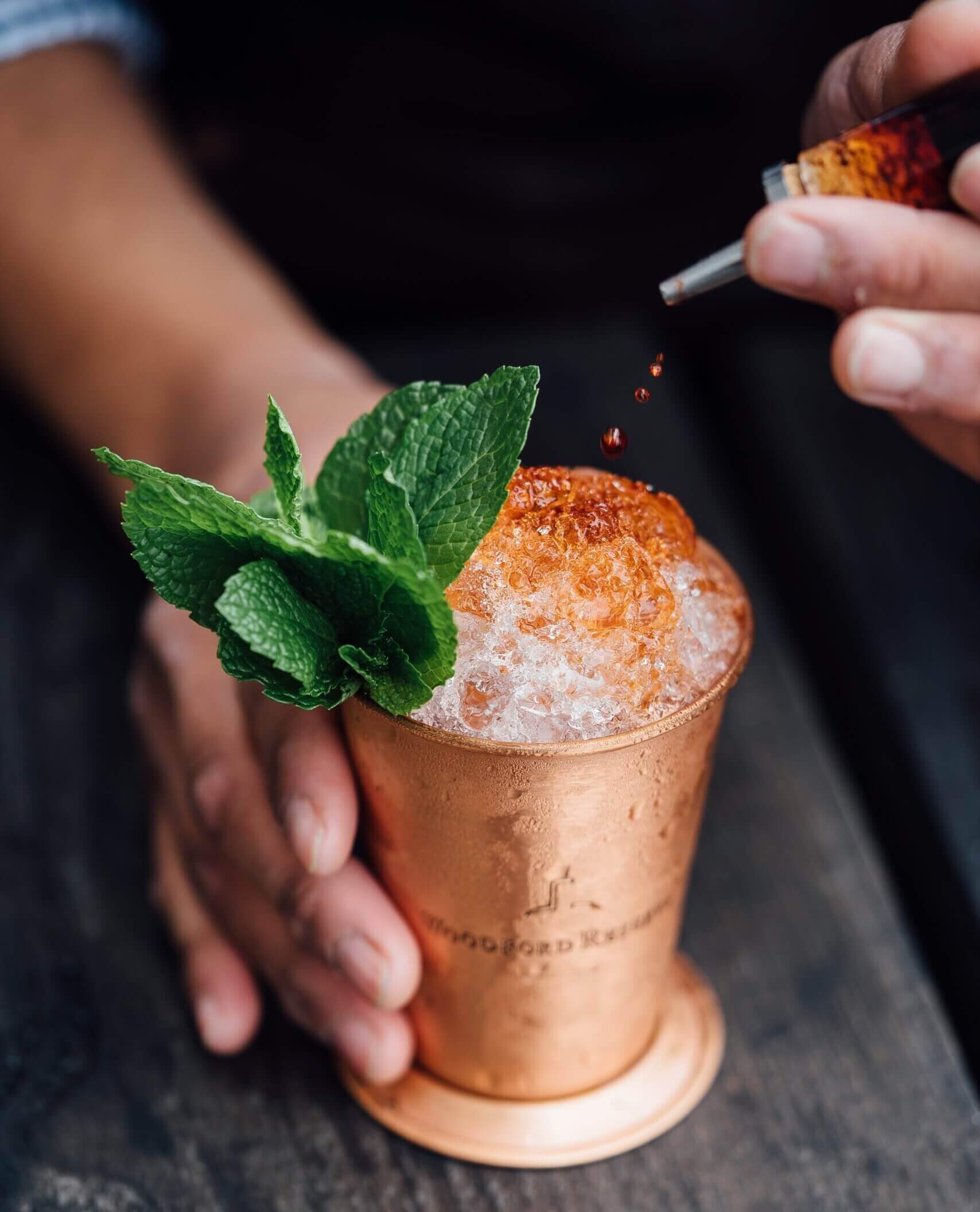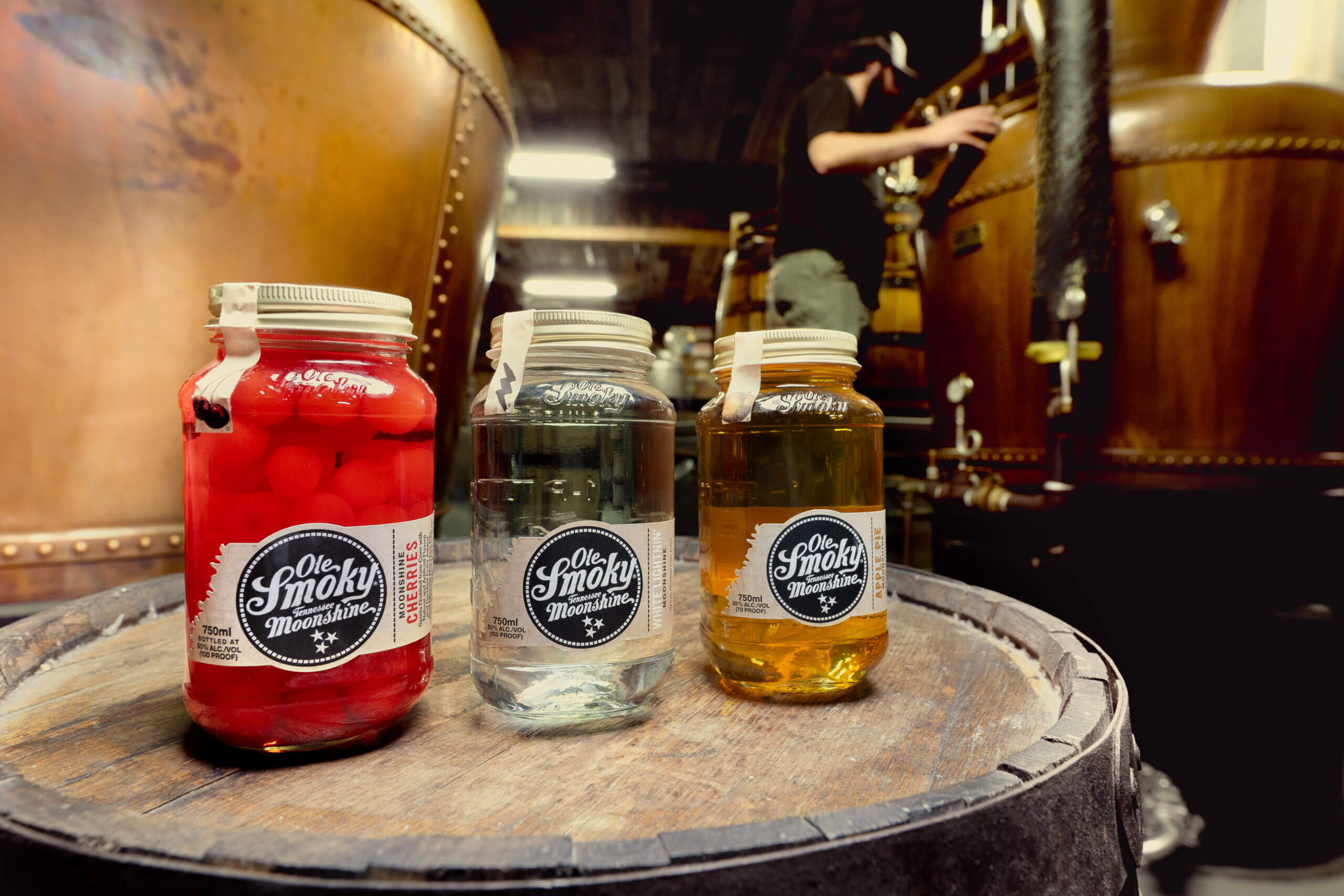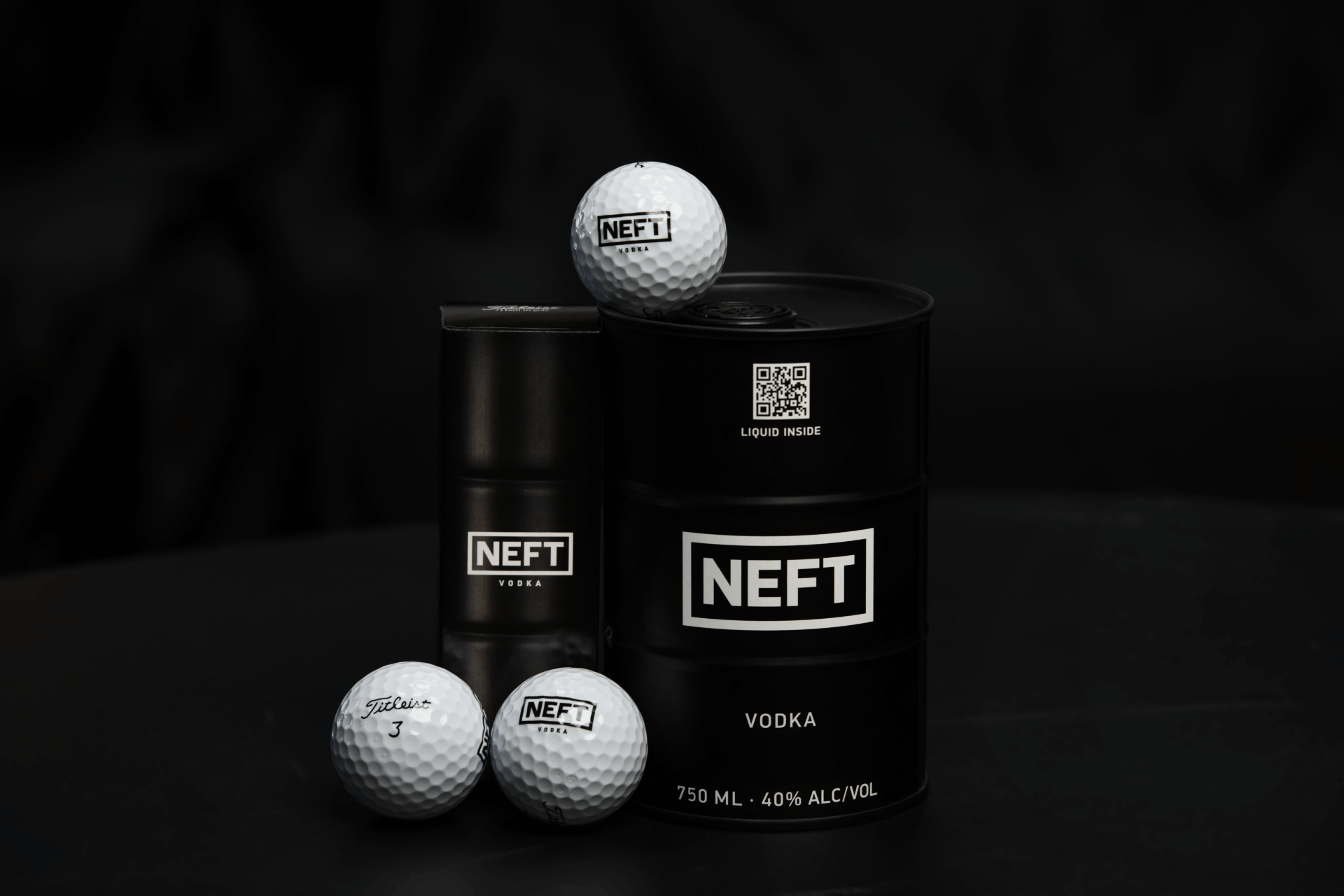How BeatBox Beverages Secured One of the Biggest Investments in “Shark Tank” History
By Chilled Magazine
BeatBox Beverages started as a humble homemade cocktail created by a few friends in Austin, Texas and has grown to be one of the biggest disruptors in the single serving beverage market.
We sat down with the founders to learn more about how they got started, what has been their biggest struggle and the next moves for the business.

BeatBox Brand Family
Tell us about BeatBox Beverages.
BeatBox Beverages develops innovative beverages for the next generation of drinkers. Our first product, BeatBox Party Punch, is a lower calorie, lower sugar, lower carb, gluten-free, colorful, highly portable, 11.1 percent ABV wine-based cocktail. It comes in four flavors—Blue Razzberry, Pink Lemonade, Fruit Punch and Fresh Watermelon, with Tropical soon to follow. The most popular size is a re-sealable 500mL Tetra Pak, though it also comes in a 3L BIB. Both options are recyclable, sustainable and resealable, so they are perfect for outdoor enjoyment.
We started our company in 2011 while we were completing our MBAs in Entrepreneurship at the University of Texas at Austin. To be frank, the genesis was not really business oriented! Austin has an incredible outdoor scene, from days spent on the river to a broad range of concerts. We made our own “punch,” which was vodka and Crystal Light, funneled into upcycled Franzia bags. It was so popular that we started to sell it. We graduated in 2013 and had to make the business more legit. We pooled $50,000 from our own savings, friends, and family, all had side hustles, and worked like crazy: making the Punch, packaging it, each of us doing hundreds of in-store tastings every year.
In 2014, we were lucky enough to land a spot on ABC’s Shark Tank, in which we secured one of the biggest investments in Shark Tank History: $1 million from Mark Cuban himself. It was crazy. We had distributors from all over the United States calling us, wanting to sell our Party Punch. Walmart offered to put us in 3,000 stores. Somehow, we managed to ramp up production, keep it all legal and feed the beast.
Our growth in 2015 was phenomenal. But, in 2016, we started to see it flatline and by 2017, we were running low on cash. We needed to make a change, and we knew the problem was not the product because people still loved it. We looked at our audience and their consumption habits and saw that we needed to launch a single serve SKU, so we did that. Today, it accounts for 95 percent of our PartyPunch sales. The other problem was distribution: we did not have enough experience to manage distributors or chain accounts effectively.
So, we hired a top-class president formerly from InBev, a VP of Sales from MillerCoors and a marketing staff from Tito’s, etc. It’s great group with age and gender diversity that has deep, broad industry experience that spans wine, beer, cider and start-ups. Our president and VP of sales quickly pulled us out from wine distributors and found us a great home with beer distributors. The turnaround was fast and exciting; we ended 2018 doubling our revenue, tripling our depletions, increasing accounts by 450 percent, and increasing points of distribution by 550 percent. The re-reorder rates are crazy: 50 percent of 2018’s accounts re-ordered within 13 weeks.

Brizzy Lifestyle
What was your inspiration for starting the brand?
We were inspired by our city. Austin has one of the biggest music and festival scenes in the country, and CNBC rated it the #1 place in America to start a business. All three of us were united through our love of music. The BeatBox name and packaging obviously relates to that, and our brand is deeply tied to the music festival scene because we’ve had crazy concession success at festivals like Rolling Loud and Splash House. During our grad years, we noticed the huge quantity of boxed wine and FMBs being consumed at tailgates, parties, and lake and river outings, yet no one had come out with a product that catered to Millennials who drink less beer, seek more flavor and want “healthier” choices. BeatBox Beverages’ Party Punch anticipated the trends and surfed the wave.
On a fun note, professional skateboarder-turned-venture capitalist Rob Dyrdek was one of our early investors and has an ownership stake in the brand. We also have celebrity investors in the music space, such as DJ duo GTA, DJ Party Favor, and DJ duo Cut Snake.
What would you like bartenders and consumers to know about the brand?
We sell fun, not wine. As Millennials ourselves, we deeply understand our demographic, so we can offer products designed for the next generation of drinkers. This summer, our cocktail-inspired hard seltzer line, Brizzy, will launch. By the fall, our canned sparkling rosé, Corkless, will also be on the market. BeatBox Beverages offers its customers a total beverage solution. We also deliver profit: we develop and sell premium products which benefit our distributors, retail partners and the end consumer. During the past year, we probably offered the biggest benefit for our distributors who needed the incremental revenue considering the plummet in beer sales. It also gave traditional beer distributors more revenue and profit per case, as well as entry to both new venues and larger footprints within stores.

BeatBox Beverages
Talk to us about the obstacles you’ve had to overcome and what you may have done differently.
As discussed above, our biggest obstacle was lack of industry experience. We fixed that. Another obstacle every start-up must allow for is lack of cash. We had been very fortunate to secure a deal on Shark Tank, for both the cash and the visibility. More quietly, we’ve been very successful with our own financing rounds, which we lead ourselves. Our Series A round brought in $4.7 million, and we’ve just closed our Series B, which brought in another $5.6 million. This is not to say we are rolling in the dough! We are supporting a 19-member sales and marketing organization and must manage inventory, so there are a lot of costs to contend with.
Any advice for someone with a great idea who wants to start a brand of their own?
Before launching any brand, be sure to intimately understand your target audience and its needs. Then, know your industry, even if that means taking a side job on someone else’s brand. Surround yourself with good people: you will need advisors, investors and a dedicated team willing to put in the long hours needed for any start-up—and you should also be prepared to reward them accordingly. Most importantly, love what you do, have fun and enjoy the ride.









